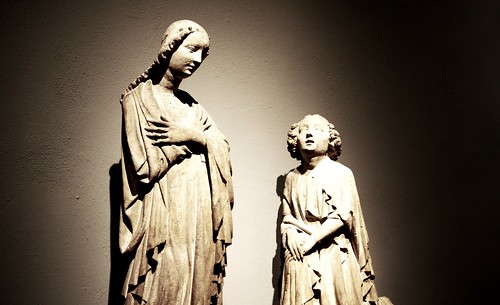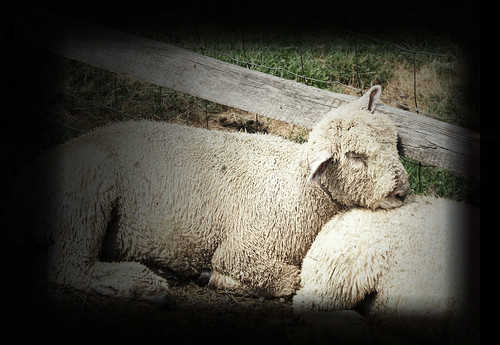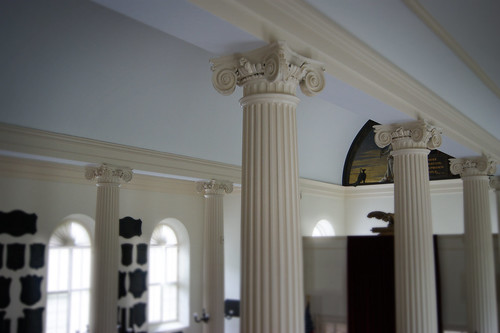These prayers are based largely on the Hebrew Bible Advent lessons for Year B. The body of the prayers will stay the same through Advent, but the initiating and concluding prayers will change, week by week. On this site there is also
• a reflection on the Hebrew Bible Lesson for the same day, and.
• a reflection on the Gospel Lesson for the same day.
Celebrant
In the hushed anticipation of your coming, O Lord, kindle in us the desire to remain awake; that we might be ready for your coming, and eager to pray.
Intercessor
O God, you are the potter, and we are the clay, the work of your hand. We pray for the church (especially…), that you might form us and mold us into the church you would have us be.
Come Lord Jesus, and hear our prayer.
In your time, O Lord, the valleys shall be lifted up, the mountains and hills shall be made low, and the rough places will become a plain. We pray for our nation, and all nations, that your peace would be manifest in every corner of the earth.
Come Lord Jesus, and hear our prayer.
In your Kingdom, O Lord, you bring unending comfort; you feed your flock like a shepherd, and gather the lambs into your arms. We pray for the sick, the suffering, and those in distress of any kind (especially…); that you would heal all injuries, comfort all grief, and settle all wrongs.
Come Lord Jesus, and hear our prayer.
Your great works of redemption, O God, span the ages. We pray for those who rejoice this week as they celebrate their birthday (especially… and anniversaries…); that they might obtain joy and gladness, and sorrow and sighing might flee away.
Come Lord Jesus, and hear our prayer.
In the fulness of time, O God, you sent your son, to be born of our sister Mary. And his name was Emmanuel: God With Us. We thank you for your Presence with us, and we pray that you might be always present with those whom we love but see no longer. (Especially…)
Come Lord Jesus, and hear our prayer.
Celebrant
Come among us O God, and hear our prayers; so that when your Son Jesus comes among us with great might, and in manger mild, we might recognize his face and his voice, and come to adore him. Amen.







